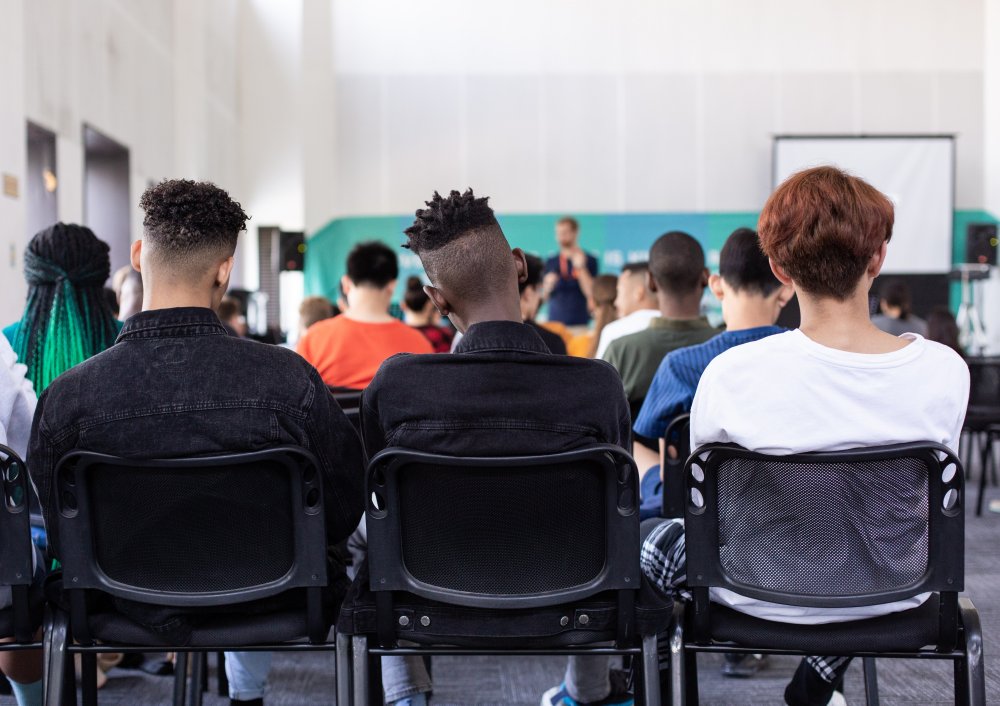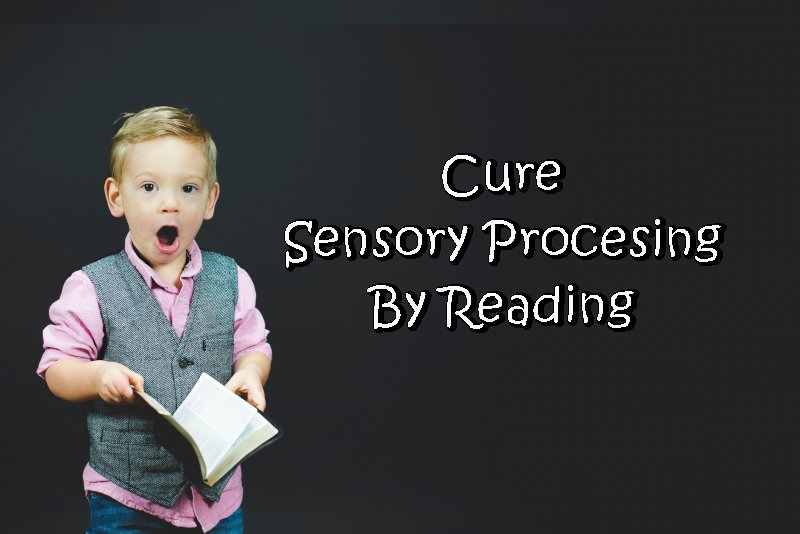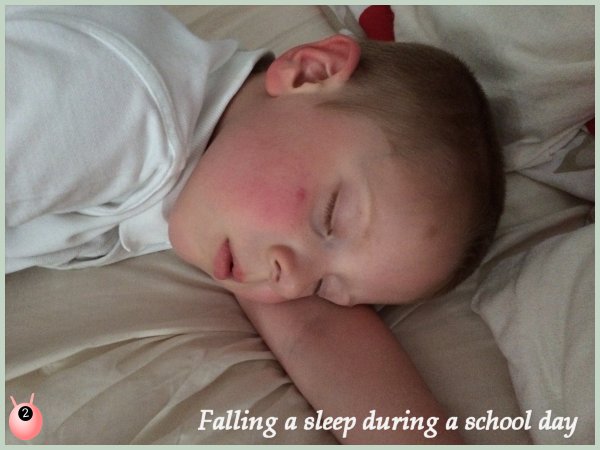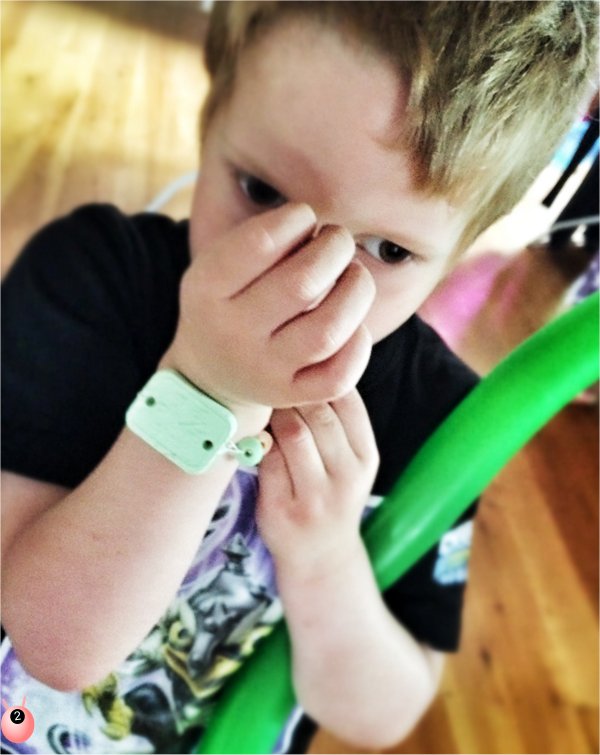Throughout their education there are several points in time where an EHCP Phase Transfer Review is held. These are when the child or young person generally changes provision. They can be points where the EHCP is looked back at too. Year 10 is an important EHCP phase transfer review as it is when post 16 provision is named.
The following information I have written from my experience with a SENDIASS information session. A lot more was said and the below many not be an accurate account. It is however, correct to the best of my belief, and I wished to share what I discovered with people who were unable to attend. Please ensure you are fully informed before making decisions relating to your child or young person’s EHCP.
Considering Post 16 with an EHCP
Did you know that at Post-16 there is no legal obligation to provide an education in the UK! Also that in Year 9 there is a legal requirement to incorporate a discussion about preparation to adulthood. That the phase transfer review for post 16 is ideally done in the middle of year 10. That ideally you want it to take place before the November in year 11.
Section I of the EHCP
Section I is where the name of the school or other institution to be attended by the young person is named. It will be where the needs in the EHCP can be met. So in order to get the place that you believe is best suited for your child then it needs to be proved that other places cannot meet need as set out in the EHCP. For post 16 this should be in place on the final EHCP by March 31st of Year 11.
Common Problems
Unfortunately it appears there are some common problems – such as:
- not knowing which setting the young person will attend (why the process needs to be started in Year 10 ideally)
- the new setting not offering what the young person needs (again ensuring research and that it is in the EHCP)
- problems with transport not being sorted (making sure it is known how they will get there, it will not automatically be sorted)
- assuming that they would be able to move up to post 16 in their current setting (especially in a special school)
- being told that they would not get a special post 16 setting as they are currently in mainstream (obviously not true)
- settings refusing the child based on academic grades. They can’t once they’ve been named in I without a really good reason)
What this Means as a Parent
You need to be proactive. This means making sure the EHCP is watertight; finding evidence to support that provision is or isn’t suitable in terms of meeting their needs. It also means discovering what options are available.
Post 16 Options
Some schools/institutions are better than others at informing parents but it cannot be left to them. You may find that there are “What’s Next?” meetings. Ask around and see if anywhere local offers support, or if there are other parents you could ask.
If there are places that you want, or even ones you definitely don’t, invite them to the Year 10 EHCP Phase Transfer Review – to either help ensure they are able to meet the young person’s needs, or put them off if you do not want them.
Problems with the EHCP Annual Review
Annual reviews can end up being a bit of a time for a catch up, as opposed to ensuring that the EHCP is up to date. They are usually time limited and a lot of time can be wasted. Or parents may feel overwhelmed, uncomfortable or rushed for time. They may be told that there is plenty of time to discuss things or what usually happens for a child with an EHCP in that setting.
But each EHCP is individual and you need to start getting things in place to ensure that the needs are recorded for the right provision. The latter of which can still be changed with further annual reviews (including an emergency one whilst at post 16 if the young person changes their mind).
Tackling the EHCP Annual Review
The really important sections to discuss are B, E and F. In fact Section A (which is about the views, interests and aspirations of the young person and their parents) can actually be left and added in at a later date. Make sure they are just the needs – writing any problems you feel have not been dealt with in a separate note.
Section B
Section B of the EHCP is the young person’s special educational needs. All of them should be set out here. If they are set out in B then provision must be provided in F. The LEA must ensure provision is made for everything in F. This needs to be what their barriers are to education. This should not state who reported/said anything just stating facts.
If needs be ask for their needs to be reassessed – like from an educational psychologist if it has been a while. Even if it is unlikely that they will provide this. If they have been discharged from services, such as Teaching Advisory, they can be asked for a report or letter to support the young person in their phase transfer review.
Section E
Section E is the outcomes for the young person. Here you need to think about the targets for the next step. All current provision should be specified and quantified in this section.
Is there anything else you feel a parent or carer needs to know about the Phase Transfer Review moving onto Post 16? What have your experiences been like?
















